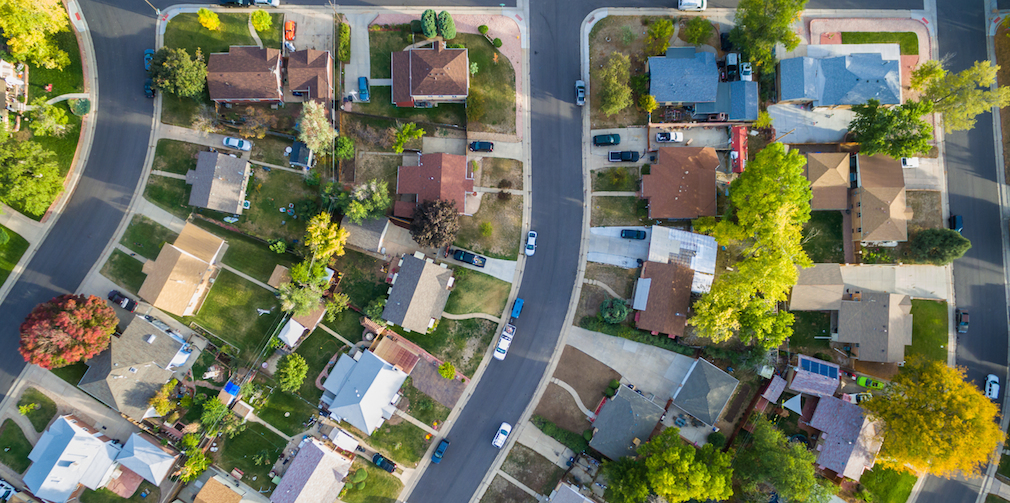The economy is growing and our workforce is mostly employed, so why does the nation’s housing market appear to be backsliding? Something isn’t adding up, wrote Caliber Home Loans CEO Sanjiv Das in a recent article for MarketWatch.
Against the overall healthy economic backdrop, Das said one would expect to see a robust housing market. Instead, applications are falling, purchase volume is declining, and existing home sales are dwindling.
This is worth our attention, Das points out, as the housing market is an important forward-looking indicator for the entire U.S. economy.
“Not only mortgage CEOs should be watching these trends carefully,” Das said. “If they continue to go in the wrong direction, the housing sector may take the broader U.S. economy with it.”
Here are three reasons why Das said the housing market is underperforming despite the strong health of the overall economy:
1. Student debt
Millennials comprise the largest customer base for mortgages, but many of them are saddled by student debt. A survey by the National Association of Realtors revealed that 46% of Millennials say they have a student loan balance of $25,000, and 49% said this was preventing them from obtaining a mortgage loan.
“When someone has too much student debt, they don’t have the cash to make a down payment on a mortgage, nor may they have the appetite to go further into debt,” Das stated. “That the largest group of home buyers is in this tenuous situation creates a significant drag on the mortgage market.”
2. Lack of inventory
The country is suffering from a housing shortage – averaging a shortfall of 370,000 unit – and that is driving home prices way up. And, an increase in home prices is turning potential buyers off.
“Moreover, because of the surge in prices, home purchase sentiment has fallen. There has been a 12% decrease in Fannie Mae’s sentiment index, meaning that homebuyers aren’t as keen on purchasing a home,” Das wrote.
3. Interest rate uncertainty
The Fed recently announced that it would hold off on raising rates for now, taking a patience stance instead. But for years Americans enjoyed low interest rates, and recent hikes have made financing more expensive – a tough nut to swallow.
“Now financing has become more expensive, and homebuyers are highly attuned to the increase in their payment amounts,” Das wrote.






